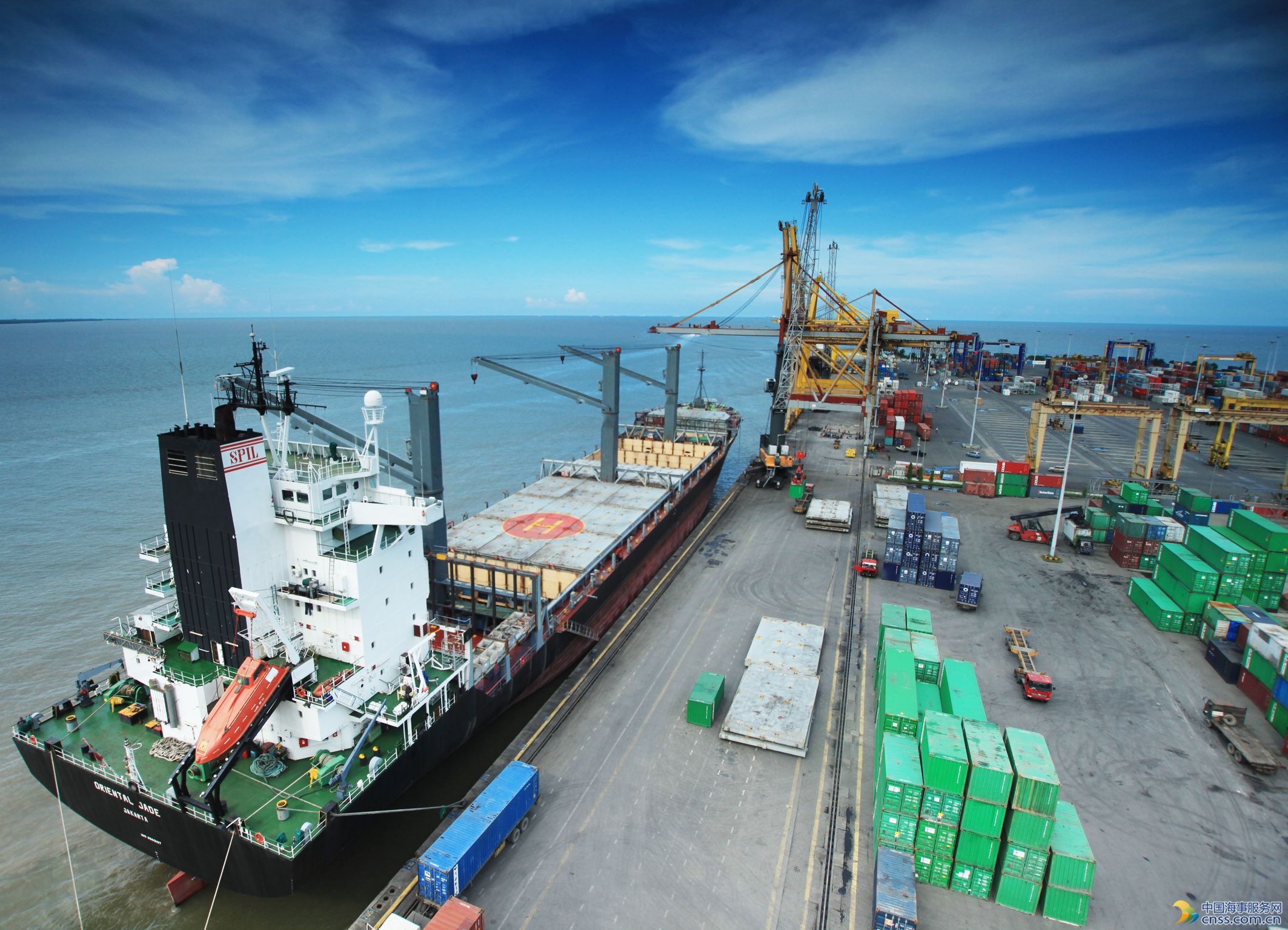China steel mills caught on the hop by North Korea coal ban

China’s steel mills and traders were scrambling to find alternative supplies of coking coal for steel making on Monday after Beijing slapped a surprise ban on coal imports from its isolated northern neighbour.
Chinese prices of steel, coking coal and coke all rallied, as traders and analysts said mills will likely be forced to buy more expensive domestic material or seek alternatives further afield from Russia or Australia, driving up costs.
While North Korea accounts for only a small portion of China’s total coal imports, it is the main foreign supplier of high-quality thermal coal, called anthracite, which is used to make coke, a key ingredient in steelmaking.
“This news really took us by surprise. We are looking at a couple of alternative plans,” said a steel mill purchasing manager, based in the northern province of Liaoning.
These included buying anthracite from Shanxi province or buying more coke from local providers, but both were more costly, said the manager, whose firm uses about 10,000 tonnes of North Korean anthracite each month.
Business with North Korea had become increasingly difficult under years of sanctions and the once-bustling trade handling coal from the north had shrunk to just a few private merchants.
Still few mills or traders anticipated the complete suspension of imports, which came a week after Pyongyang tested an intermediate-range ballistic missile, its first direct challenge to the international community since U.S. President Donald Trump took office on Jan. 20.
China bought 22.48 million tonnes of anthracite from North Korea in 2016, 85 percent of its total imports.
PRICES RALLY
Steel mills often blend anthracite with coking coal to make coke, a fuel used in blast furnaces, rather than using only more expensive coking coal.
China’s most-active futures contract for rebar, a steel product used in construction, rose 2.6 percent by 0640 GMT on Monday, while coke and coking coal added 2.6 percent and 2.4 percent respectively.
Shares in Chinese anthracite producer Yangquan Coal Industry rose 2.8 percent.
“Rebar jumped on anticipation that the ban on North Korean anthracite could lead to higher costs for steel mills that will struggle to find cheaper alternatives in the domestic market,” said Zhang Min, a coal analyst based in Zibo, Shandong with Sublime Information Group.
A coke producer said he expected to ban to lead to a rebound in coke prices, which had fallen since late December due to good supply and reduced demand for the Lunar New Year.
“I am not planning to take any new orders from new clients right now, because we believe coke powder prices will rebound sharply this week on the news,” said the manager of a domestic coke plant, based in Shandong province.
Some mills could seek other imports, but producers such as Australia, Russia and Vietnam didn’t produce enough to pick up the slack and shipping it would cost significantly more than from North Korea, traders said.
Source: Reuters (Reporting by Josephine Mason and Meng Meng; Editing by Richard Pullin)
HEADLINES
- Do shipping markets want Biden or Trump for the win?
- All 18 crew safe after fire on Japanese-owned tanker off Singapore
- Singapore launching $44m co-investment initiative for maritime tech start-ups
- Cosco debuts Global Shipping Industry Chain Cooperation Initiative
- US warns of more shipping sanctions
- China continues seaport consolidation as Dalian offer goes unconditional